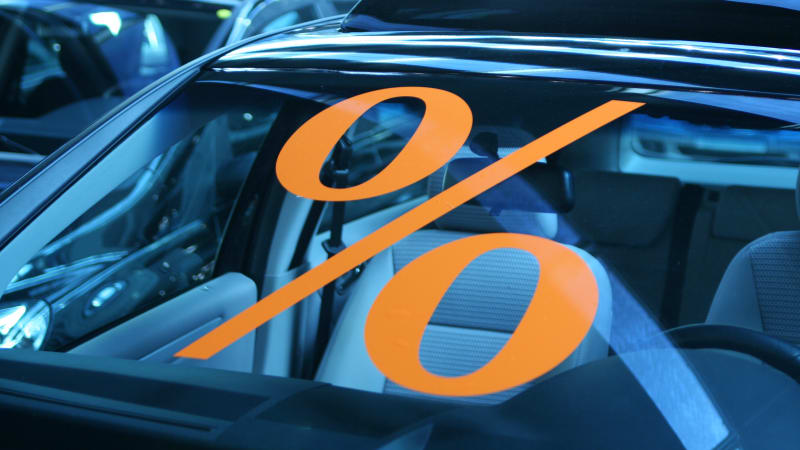When it comes time to buy a new or used car, you have two options for payment: Plunk down the entire amount all at once or finance the purchase through a loan. Given the increasingly high price of new cars, it’s no surprise that the vast majority of buyers choose to finance a car, allowing them to pay it off over several years. However, getting a loan requires the buyer to pay it back with interest, and that’s where things get tricky. Here’s how to get the best car loan rate.
What is the average interest rate on a car loan?
As you’ll see throughout this article, the answer varies depending on several factors, including the buyer’s credit score and whether they are looking for new car loan rates or used car loan rates. The number is always changing. According to Experian, the average interest rate for buyers who fall into the highest credit score tier and are buying a new vehicle stands at 5.61% in the third quarter of 2023, which is the latest information available. That’s currently the best car loan rate buyers are likely to get. At the other end of the spectrum, a buyer in the lowest credit score tier looking to buy a used vehicle sees an average interest rate of 21.18%.
What is a good car loan rate?
Unfortunately, this number is also always changing. Car loan rates are mostly dependent on the buyer’s credit score, and a few other factors we’ll discuss below. Different lenders have their own unique criteria that determine an interest rate, and the average American interest rate is constantly changing. Buyers are going to fall somewhere between the best and worst interest rates that we shared in the previous paragraph.
How is interest calculated on a car loan?
Your credit score is the key factor in calculating an interest rate. The higher your credit score, the lower your interest rate will be. People seeking a car loan with very good credit might see interest rates as low as 3 percent, while borrowers with bad credit could see rates in the 10-to-15-percent range.
According to Experian, the ranges for credit scores are as follows. There are many websites – like Credit Karma, Equifax and Experian – that allow you to monitor your credit score online.
- Poor: 300-579
- Fair: 580-669
- Good: 670-739
- Very good: 740-799
- Exceptional: 800-850
In addition to your credit score, there are several other things that can factor into determining your interest rate.
- Loan term: If you choose to finance a vehicle over a shorter period of time, your interest rate will likely be lower.
- New cars vs. used cars: Used cars tend to have higher interest rates than newer cars, as some of the vehicle’s value has already been lost due to depreciation.
- Down payment: Putting more money down up front means there’s less of a final cost to finance.
How does an interest rate affect monthly payments?
Here’s an example of how low and high interest rates can change the outcome of what matters most to consumers: the monthly payment.
Say you’re buying a $30,000 vehicle, and choose to put down $5,000 up front on a 60-month loan. You’ll now be financing the rest of the cost, which is $25,000. If you have a good interest rate – for this example, we’ll say 4 percent – the total interest you’ll pay is $2,624.78 over 60 months. This equals a monthly payment of $460.41.
If you have a higher interest rate due to a lower credit score – let’s say, 12 percent – it’s a very different story. You’re now paying $8,366.67 in interest, which makes the monthly payment $556.11.
How can I get the best car loan rate?
While a car loan is largely based on the buyer’s credit score, there are a few other tips to consider.
- Choose a shorter-term loan: Fewer monthly payments means less overall interest, even though you’ll have a higher price to pay each month.
- Pay off your loan early: You can always pay more than the minimum monthly payment. Paying your loan off early reduces the amount of total interest paid over the loan term.
- Make a higher down payment: The less money you finance over a loan term, the lower your interest rate may be. You’ll have a lower monthly payment, too.
- Get preapproved: Getting preapproved for a loan will give you an idea of what your personal interest rate will be based on your credit score and other factors.
Where and how can I get a car loan?
Your local bank or credit union can often help with financing a car loan, and many new car dealers have financing options through the individual automakers. Here are a few places that are most commonly used to secure new and used car credit loans.


